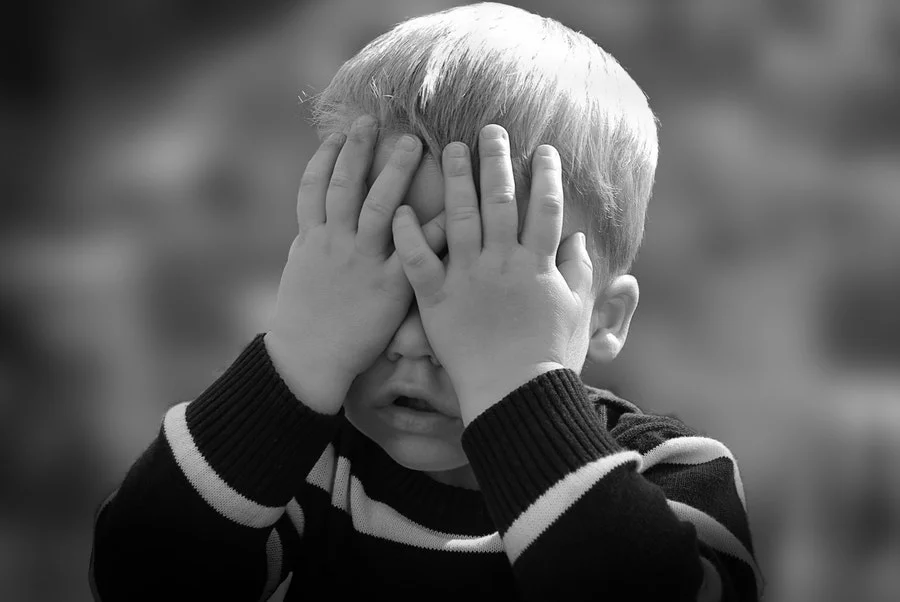I've got a 2.5 year old daughter who reminds me all the time about my role as dad and how important being emotionally available for her is. Most parents may realise that being a perfect parent is impossible, despite their well-intentioned (most of the time) efforts. On the contrary, I'd say the converse may be more true, that being a "good enough" parent is tougher, especially when your resources are depleted and all you'd like is some good sleep. Frankly, sometimes we might have to acknowledge, whilst we love our kids, there are times we'd like to suffocate them. So, what happens when the going gets tough and all you want is out? Silence...but instead, the screaming starts and then the meltdowns... We may then see ourselves lose it, or get really impatient with the little person that may become more distressed when observing a parent who's clearly become upset with them.
We all know that our patience wears thin when you've gone for nights and days on end, dealing with repeated meltdowns and the "terrible twos" behaviours. But what if these behaviours were a way in which our kiddos could only communicate with us when they were emotionally dysregulated? We know that the research shows that children lose their ability quickly to mentalise - knowing how they feel through how others around them feel...and this helps them interpret the world through thoughts, feelings and behaviours experienced. When they lose their calm, they would have lost their capacity for that intense moment, to listen and respond as us adults expect them to.
"All behaviours serve a function" - Dr. William "Bill" Saunders, a clinical supervisor of mine used to say, that behind every behaviour lies a function that can help us understand what the context might have been that led to a meltdown. By asking oneself what our kiddos are trying to tell us, may be a useful way to help us interpret the situation, and lessen the tendencies for us to lose our ability to be empathic and kind, when a situation may call for it. Maybe it might serve parents some usefulness when we couch our kids' behaviours through the lens of what their behaviours may mean. In other words, by asking ourselves what our crying child or distressed child may be trying to tell us.
Perhaps, what might also be a useful way is to attend to the distressful behaviours and help our children label their feelings first, before trying to correct their behaviour, or saying mean or hurtful things (e.g. blaming the child for their behaviours) that is not very useful at that given time. Remember, they are distressed, and distressed kids can't exactly listen to what you're saying to them. It would be best to relate to them emotionally, and comfort them. Sometimes saying, "it's okay, I know you're scared" or "I know you're having a tough time". Only when they are comforted, and settled, can they begin to speak with you or understand what you're saying. A good reminder if you're the reactive or emotionally shut off parent.
Bottomline, we're all imperfect in our parenting, and no one can really be expected to do the "right" thing at all times. That would be really stressful! So, try this out and see what happens. You may be surprised how much your own calmness and confidence at soothing their distress may influence their confidence in you being there for them.
Video: Check out “Circle of Security Animation” from Circle of Security International on helping your child deal with their distress when returning to the security of your presence.
Further reading: Why you should ALWAYS comfort a child – no matter why they’re crying
I highly recommend this next book published by the creators of the Circle of Security, Raising a Secure Child (2017), as an excellent resource for parents keen on nurturing their child's attachment, emotional resilience, and freedom to explore.





Sometimes all it takes is some grounded self-reflection.